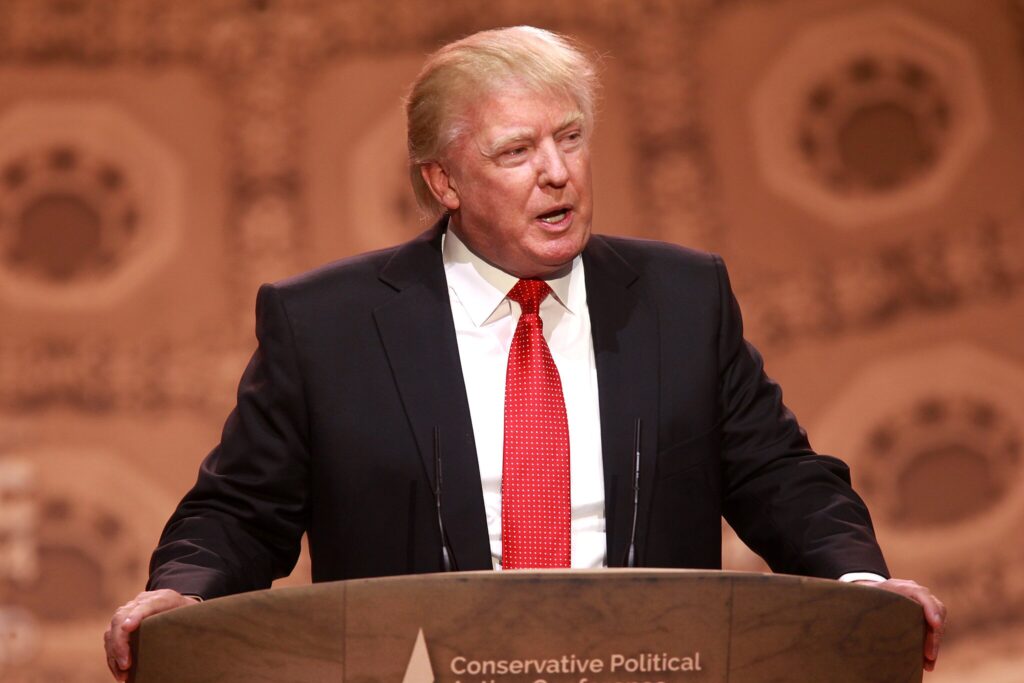In the cutthroat world of politics and business, where deals are made behind closed doors and promises whispered over fancy dinners, a particular narrative unfolded during Donald Trump’s presidency. It was a tale of favors granted, money changing hands, and one industry reaping the benefits. Yes, we’re talking about the fossil fuel companies that seemingly hit the jackpot under President Trump’s administration.
Imagine this scene: a lavish dinner at Mar-a-Lago, where Trump laid out his proposition to oil executives and lobbyists. “Donate $1 billion to my campaign,” he proposed boldly, “and watch as your savings in taxes and legal fees soar if I win the White House.” It was a tantalizing offer, one that some couldn’t resist.
While not every dime was dropped into Trump’s campaign coffers as requested, the fossil fuel sector still managed to leverage their resources effectively throughout the election cycle. Analysis conducted by Climate Power revealed that despite contributing less than half of the targeted amount in donations, lobbying efforts, and advertisements combined during the campaign period, they seemed to have positioned themselves favorably in Trump’s eyes.
Fast forward to today – Lisa Friedman’s investigative report sheds light on how President Trump has indeed fulfilled his end of the bargain with remarkable precision during his second term. The numbers speak volumes about the symbiotic relationship between his administration and the oil and gas industry.
New Tax Breaks Galore
One of the standout revelations from Lisa’s expose is that new tax breaks totaling a staggering $18 billion have been ushered in through Trump’s latest domestic policy bill. These provisions extend generous financial benefits to an industry already known for its deep pockets.
Among these lucrative measures is a surprising inclusion – tax breaks valued at approximately $1.48 billion specifically earmarked for metallurgical coal. This unique form of coal finds its niche in steel production processes often geared towards global export markets.
As we dive deeper into this intricate web of political maneuvering and corporate interests colliding at crossroads, it becomes apparent how crucial decisions made within Washington corridors can influence entire sectors’ financial landscapes.
Expert analysis suggests that such hefty incentives tailored towards bolstering fossil fuel industries could potentially steer market dynamics while raising pertinent questions about environmental sustainability concerns amidst fervent profit pursuits.
The unfolding saga between Fossil Fuel Giants Inc. and Team Trump serves as a riveting case study illustrating power play dynamics at play within contemporary governance structures. As stakeholders grapple with diverging priorities ranging from economic prosperity to ecological conservation imperatives, navigating these turbulent waters demands astute foresight coupled with ethical fortitude on all fronts involved.
So here lies an intriguing chapter in American political history – where profits clash with policies, allegiances intertwine with ambitions, all against a backdrop painted in shades of green and gray; a stark reminder that behind every regulation penned or tax break sanctioned lies a story waiting to be dissected for its true essence beneath glossy surfaces.

